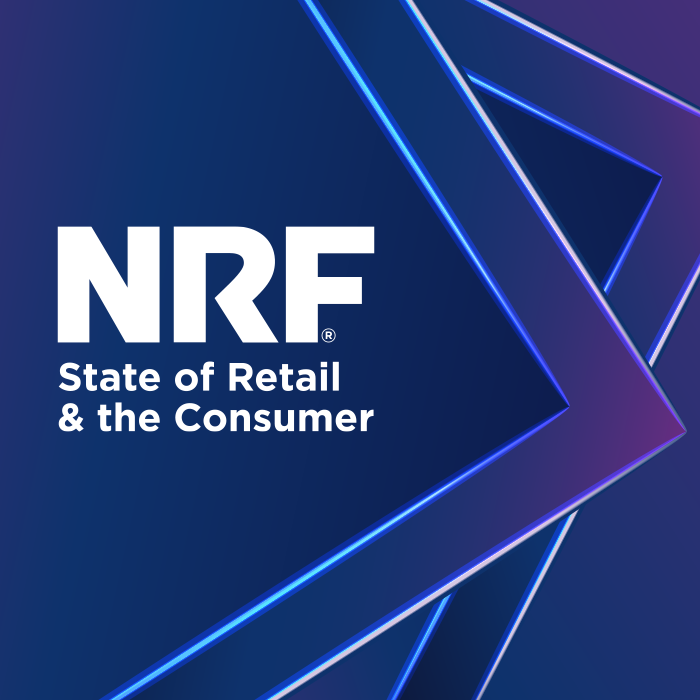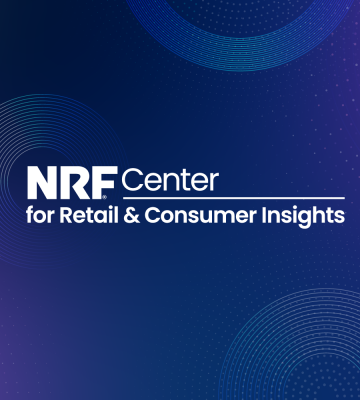Uncorking the complexities of California’s evolving legal landscape for retailers
)
California has long been a bellwether for retail law, with its progressive approach to labor laws, consumer rights and environmental protections often setting the stage for trends that ripple across the country. The state’s regulatory environment is not only complex but also constantly evolving, creating unique challenges — and opportunities — for retailers that operate within its borders.
As the legal landscape in California continues to shift, staying compliant has become a full-time occupation for many retail in-house counsel.
With an eye toward easing the burden of this difficult job, leading retailers gathered in September for the second annual California Retail Law Summit, co-hosted by the National Retail Federation and the California Retailers Association. The scenic Napa Valley location provided a perfect backdrop for the retail law event full of legal deep dives, critical discussions, networking — and a few glasses of wine for good measure.
Over the past few years, California has seen a surge in litigation targeting retailers, driven by an increasingly aggressive regulatory environment and the growing use of class action lawsuits. Discussions at the California Retail Law Summit revealed key insights regarding these unique legal trends and regulatory developments. Here are a few of note.
Privacy legislation
Decades-old privacy laws in California are being reinterpreted to seek unprecedented damages. The California Invasion of Privacy Act, passed in 1967 to prevent industrial espionage and eavesdropping on landlines during the Cold War, is now the basis for thousands of claims involving data sharing with third parties — including customer service chats, session replay, search bars, payment vendors and more.
In addition to the thousands of CIPA suits retailers have faced in the past two years, 11 cases have been filed in the last two months claiming that retailers violated California’s Song-Beverly Credit Card Act by collecting personal data during online checkout.
Penalties under the 1971 privacy law range from $250 to $1,000 per credit card transaction. Retail law experts Stephanie Sheridan and Meegan Brooks of Benesch Law shared encompassing strategies to help retailers protect against exposure from these new-theory privacy claims and yet-unknown theories under other privacy laws.
Attendees also heard from privacy practitioners — David Keating of Alston & Bird, Katy Poterjoy of Qurate Retail Group and NRF’s privacy lead Paul Martino — on the latest rulemaking proceedings of the California Privacy Protection Agency and new California privacy legislation that would regulate automated decision tools and other aspects of retail operations.
PFAS regulations
As retailers navigate California’s influence on the evolving PFAS landscape, experts from Arnold & Porter encouraged retailers to ensure vendor requirements comply with PFAS regulations, carefully review environmental and sustainability statements, and be mindful of advertising and other marketing materials including shelf placement and categorization.
Expansion of PFAS litigation looks further down the supply chain, impacting private label consumer goods, greenwashing claims, insurance coverage and reputational risk. According to the legal and legislative leads from Arnold & Porter — Larry Culleen, Lori Leskin and Yuvaraj Sivalingam — a key takeaway from federal and state regulation of PFAS is that manufacturers, and possibly retailers, are required to know the chemistry of their products and product components.
Labor standards
The California Supreme Court Naranjo decision offers a crucial defense against wage statement claims. California employers should carefully adhere to the wage statement requirements under Labor Code section 226, as non-compliance can result in statutory and civil penalties. However, if an employer can prove that, based on the facts or the law, it had a good faith belief that the wage statement it issued was accurate, a Naranjo defense may apply.
Weighing in on this important wage and hour decision, Hot Topic General Counsel Andy Medlin, along with labor and employment experts Julie Dunne and Matthew Riley of DLA Piper, said retailers should ensure their wage and hour policies and procedures are fully compliant, especially given the growing significance of compliance programs under recent PAGA reform.
Access to water is the most frequently cited heat illness violation in California. Elements of California’s new indoor heat illness standard include access to water and cool-down areas, temperature checks, acclimatization, assessment and control measures, employee/supervisor training and written procedures.
To avoid the most common citation under this new law, Cal/OSHA experts Karen Tynan and Robert Rodriguez from Ogletree Deakins advised retailers to keep water readily accessible and as close as practicable to work and cool-down areas, and encourage frequent water drinking, not only when thirst is apparent.
Sustainability responsibilities
Finally, renowned Prop 65 expert Trent Norris of Hogan Lovells led a dynamic session on how retailers can best mitigate the risks they face when making sustainability improvements to become greener and cleaner. Norris unpacked California state laws such as longstanding Proposition 65 and the innovative Extended Producer Responsibility regimes now adopted in five states.
As the summit wrapped up, one thing was crystal clear: Retailers in attendance were equipped not just to survive one of the most challenging legal and regulatory landscapes in the country, but to thrive in it.
Want to stay ahead of the most pressing issues impacting retailers operating in California? Mark your calendars and join us in California next fall for the 2025 California Retail Law Summit.
See you in March?
Designed specifically to tackle the unique legal challenges faced by retail organizations, the annual NRF Retail Law Summit, March 4-6, 2025, is a must-attend virtual event for in-house attorneys, risk and compliance officers, HR professionals and legal counsels.
The best part? It’s free, offers sessions on demand and, if eligible, attendees can earn CLE and SHRM credits. We’re working hard to curate an exceptional program for our 2025 event, and hope you and your team will take advantage of joining us virtually in March!
Register for the NRF Retail Law Summit today and check back for more updates as we share our incredible lineup of sessions and speakers.





